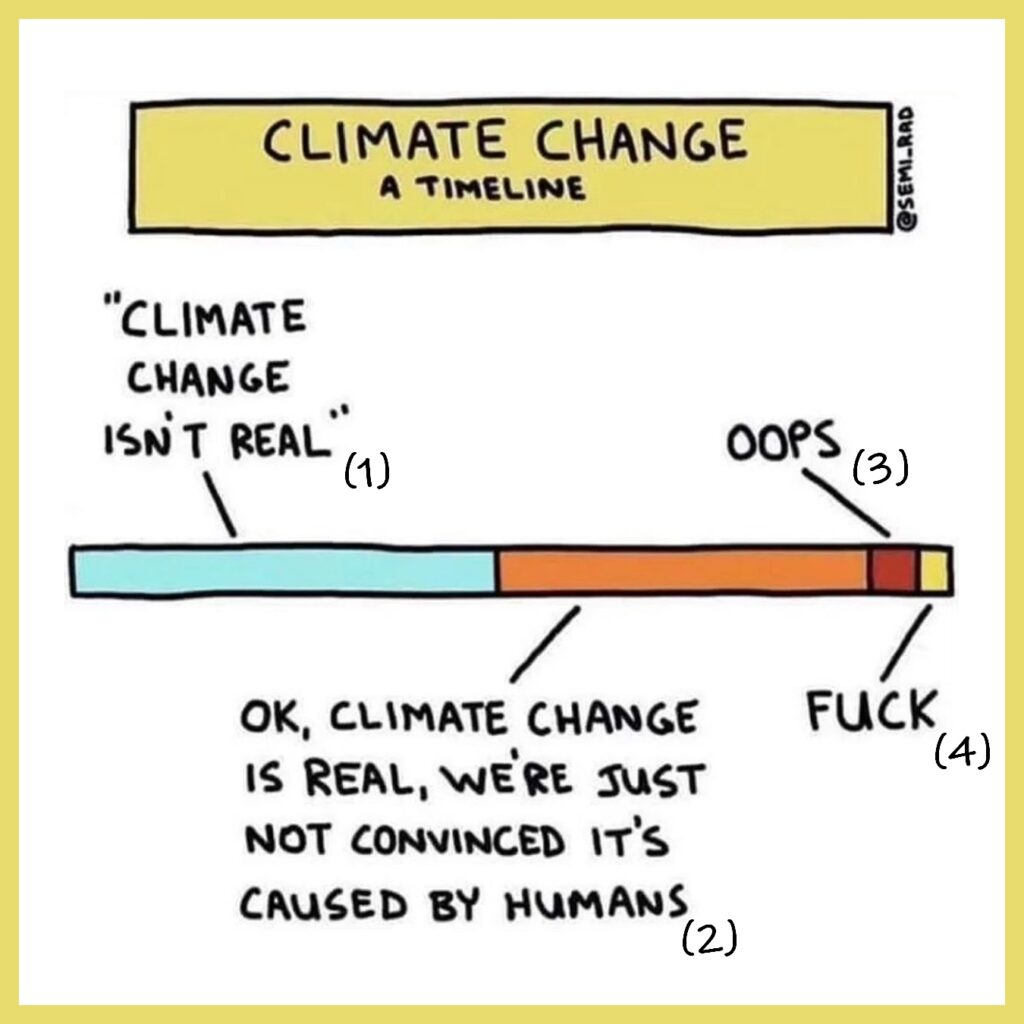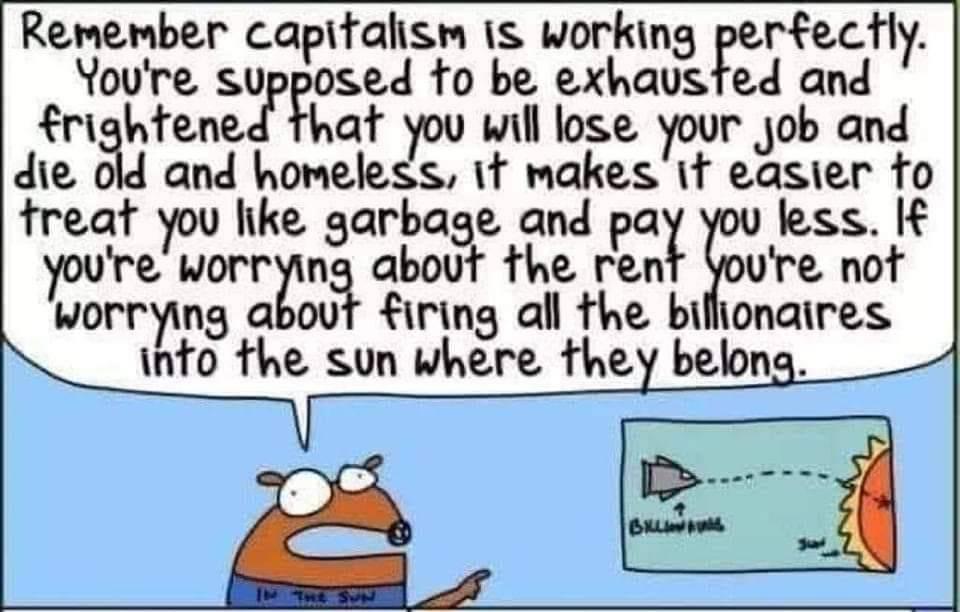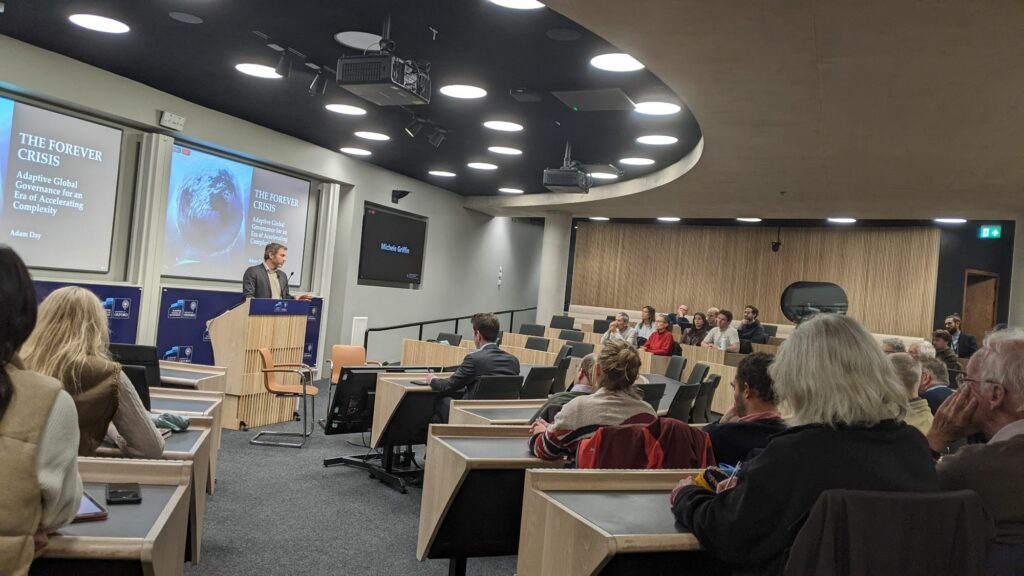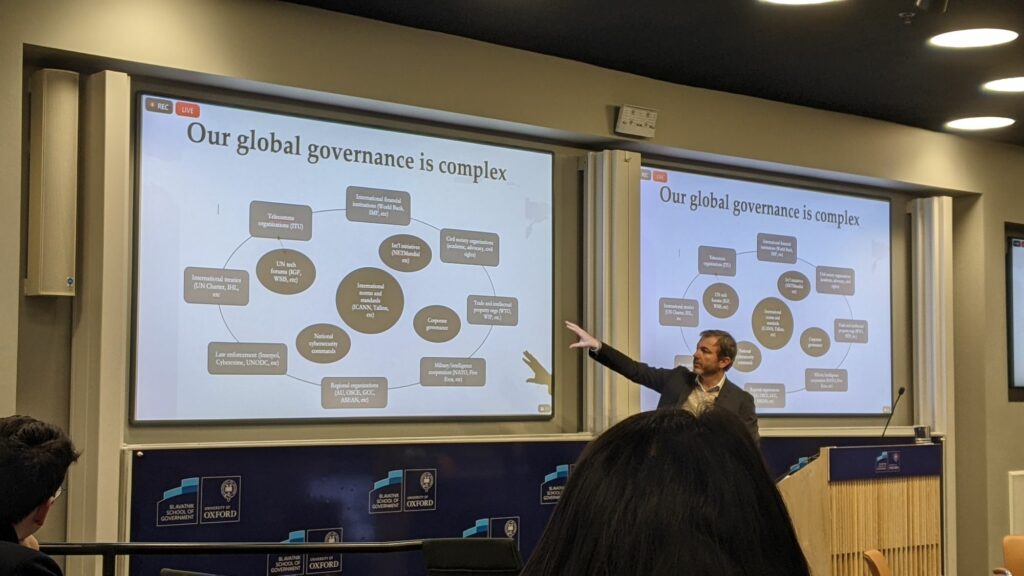In the swirling chaos of the digital landscape, it’s easy to feel lost. The #Fediverse, should be a beacon of hope for a decentralized, community-driven internet, but as always is facing an onslaught of push back and pressures from every direction. The #dotcons loom large, #NGO agendas quietly co-opt grassroots energy, and the #encryptionists lash out with SPAM money to drown out critique. It’s messy, but mess is where compost comes from, and compost is where new life grows.
Pick up a shovel, start composting, it’s time to stop waiting for permission. Don’t ask, just do it, start composting the wreckage of the current paths. Plant seeds of your own lived life and nurture the social gardens with your care. Build spaces where people connect, share, and create outside the control of the #dotcons corporate platforms and the clumsy grasp of the old traditional top down institutions.
So, where is the positive in this mess? I’d look to the healthy fragments of the #openweb path that still exists. Projects that embody the #4opens offer the seeds of something better. But these projects won’t survive on hope alone. They need care, attention, and participation. Use them or lose them. If we don’t actively engage, they’ll wither, and the digital paths will continue its slide into centralized control and the new #mainstreaming creeping authoritarianism.
The #ecryptionists, clinging to their fantasies of rugged individualism, would have you believe that the solution lies in isolation, in bunkers, in hoards of digital currency, in cutting ties with the social fabric. But survival, whether against digital authoritarianism or the unfolding #climatecatastrophe, will come from cooperation and collective resilience, not isolation. Even in the face of disaster, thriving requires community.
Beyond the ingroup, we can’t rebuild the #openweb if we only talk to ourselves. The term “Fediverse” is a great example of this, it makes sense to those inside the space but means little to those outside it. #Openweb is a better, more intuitive term. It’s positive, clear, and easy to contrast against the negative: the #closedweb of the #dotcons. Mastodon is a #4opens project of the openweb; Facebook is a closedweb project. Simple, direct, and powerful framing that cuts through the noise.
With the hard shift to the right, we’re standing on a knife’s edge. #Climatechange, economic instability, and accelerating automation are pushing us toward a future of disruption. But disruption doesn’t have to mean collapse, it can mean transformation. The work we do now to build and maintain #openweb projects lays the foundation for the communities that weather the coming storms.
The Fediverse, for all its narrow flaws, shows that alternatives are possible. The challenge now is to grow beyond this first step. To dig deeper, plant wider, and build an ecosystem that can sustain itself long term. We need to constantly think outside the ingroup, to bridge divides, and to invite people in. It’s hard work. But so is everything worth doing. And if we get it right, we just might cultivate a future where common humanity, not capital, shapes the digital world.
Grab a shovel. Let’s get to work.
#OMN #4opens #DIY #Openweb #Reboot

Rediscovering the Open Web: Why We Need Joined-Up Thinking with #4opens
The internet wasn’t always like this. Before the rise of #dotcons, we had a flourishing landscape of community-driven sites and platforms, built on openness, collaboration, and trust. Yet today, much of what we do online is controlled by #dotcons, closed, profit-driven systems designed to capture and commodify every interaction. It doesn’t have to be this way — but to break free, we need to think and act differently.
The #4opens offer a practical path back to the #openweb. They guide us towards building space that is open in source, data, process, and standards. This isn’t just tech jargon; it’s about creating online spaces that work for people rather than exploiting them.
The trap of piecemeal solutions, too often, attempts to rebuild the #openweb get stuck in the #fashernista trap: chasing trendy but fragmented fixes that fail to address the root problems. A federated app here, a new protocol there, while each piece might be valuable, without joined-up thinking, they scatter energy and slow momentum. We need to step back, see the bigger picture, and work together to build a truly interconnected path.
We don’t need permission to start. The tools, ideas, and history are already here. Current platforms like Mastodon and initiatives like the #OMN (Open Media Network) show what’s possible. But it takes more than just using the tools, it takes sharing the vision. If you’re reading this, consider it a nudge: start conversations, share resources, and bring people onto the path. Dig into the posts at hamishcampbell.com for more background, and share the posts widely. Every shared link, every discussion, and every new node in the network helps.
Basic activism in the digital age is about reclaiming the internet to refuse to accept the current mess as inevitable and to actively choose better paths. By advocating for the #4opens, supporting decentralized platforms, and consciously stepping away from the #dotcons, we become a small part of the solution. The future web can be cooperative, empowering, and deeply human, but only if we build it that way. So grab a metaphorical shovel, help compost the tech junk, and start planting the seeds of something better.
The #openweb is waiting.











